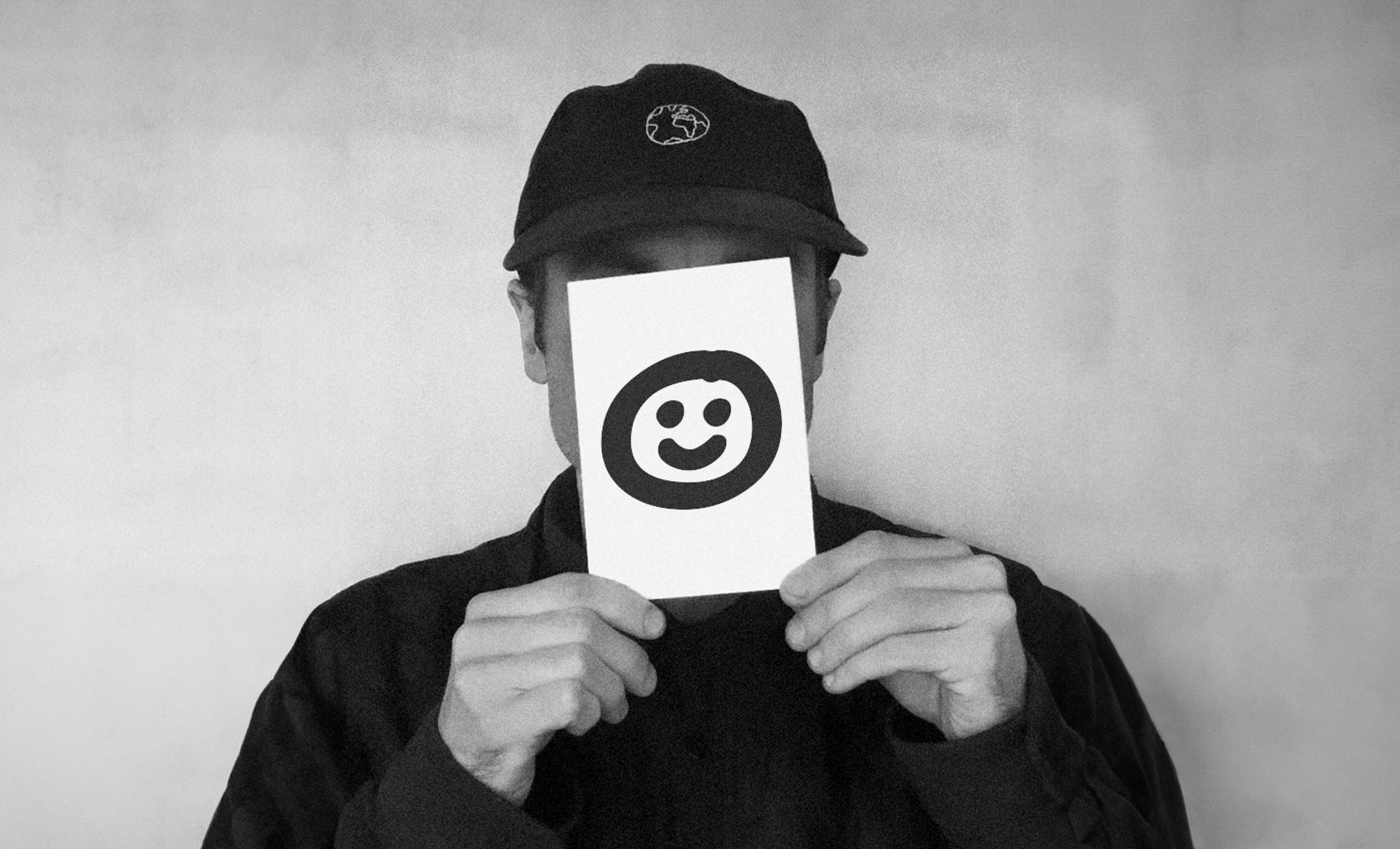Automatic translation by Google Translate.We cannot guarantee that it is accurate.
Skoða vefinn á ÍslenskuCOPY SHOP OF ALL – Masterclass for fanzines and artistic publications
Do you have an idea you always wanted to print and publish?
Our masterclass got you covered and welcomes you and your new or already existing projects and ideas. In this masterclass, you can explore in lectures and workshops how to use design methods and artistic practice to conceptualize, layout, print and produce your very own fanzines and artistic publications.
At the beginning of the lecture series, fanzines, its heritage and culture are introduced to get you started. In the workshop series and following assignments you will develop and produce your project ideas together with others and with the help of our experts.
The course is envisioned as an open print studio where you have the opportunity to invite and collaborate with others to participate in your publication projects.
You will have the unique opportunity to experiment, print and produce your publication with access to facilities with risographs, laser printers, inkjet printers as well as alternative printing devices provided by the Iceland University of the Arts.
These techniques and additional tools create a dynamic and participatory work environment where you and others engage in a shared creative experience that merges artistic experimentation and DIY publishing with a focus onto social, environmental and economical matters.
*You have the opportunity to present your publication in a final celebration, publication launch and short exhibition in collaboration with the Hafnar.Haus Community.
**Basic material, print production, equipment and exhibition space are provided within the masterclass. You are encouraged to bring your specific materials for printing and production in coordination with your teacher.
Course background:
Christoph Matt and associates are running the artistic and social design research project based on a recurring participatory publication called HAFNAR.Z!NE, made from submissions by community members of the hafnar.haus, Iceland’s largest creative community and co-working space.
Each issue follows a societal theme that has been voted on by the vibrant community and their needs. Contributions are collected analog or digital and take the form of text, image, or anything that may be transmitted via QR code.
Each issue is completely different, carefully curated and sustainably produced so that design elements, layout, materials, and distribution via social interventions are linked to the zine’s theme.
Accompanying artifacts also offer micro representations of each theme. The diverse zines are a meaningful and joyful contribution acting as ecological and social tools to draw together collaboration via creativity, design, community building while building the bridge between the creative community, the city of Reykjavik and its public.
Course modules:
Lecture series – fanzine history and culture / content creation and creative writing / editing and layout production
Workshop series – ideation and drafting / visual experiments and prototyping / printing and production
Course dates:
6.-29. May
Tuesdays & Thursdays – 17:30 – 21:00
Public Presentation
30. May – Time and location TBD
Course themes:
Eco-social design, art and science, art and ecology, artistic research, publication design, participatory design, community building, placemaking
Course learnings:
Publication planning, conceptualisation, layouting, printing, producing, distribution
Course reflections:
A) How do you conceptualize, co-create content, layout, print, and publish an artistic publication with very limited resources?
B) How do you gather and compress the creative potential of multiple stakeholders into a limited format?
C) How do you enable active participation, empowerment, and ownership via an artistic publication?
Course assessments:
Assignments, publication and presentation
Teacher:
Christoph Stefan Matt, MFA
Christoph Matt (AUT-ISL) is an eco-social designer, currently living between Vienna and Reykjavik and founder of Studio Matt, an award-winning nomadic bureau for environmentally and socially conscious design. Christoph works as an interdisciplinary mediator with expertise in design, sustainability, visual arts and posthumanism, as design researcher he focuses on the relationship between nature and humans through design methodology and artistic practice.

Further information:
Studio Matt – Responsibility for Nature and Humans
www.christophmatt.com
Grants
Are you entitled to a grant from your union or the directorate of labour to attend a course ?
Staðsetning
Stakkahlíð 1, 105 Reykjavík
Tungumál kennslu
Enska / English
Umsóknarfrestur
5. maí 2025




